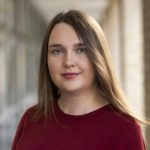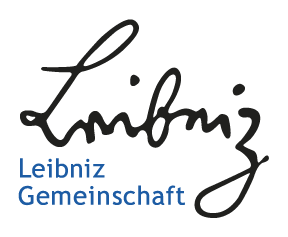Summary of the 1st ORKG Curation Grant Program
In 2021, we started our first curation grant program. 9 researchers from various fields of science, engineering and computer science earned a grant to push their field’s open science efforts and curate ORKG content. With over 150 Comparisons and 12 Reviews created, the program was an overwhelming success. But not only the grantees learned something: Due to the close contact to the development team, we got valuable feedback that in parts already made its way into today’s version of the ORKG and will be a basis for constant improvement.
So let’s have a closer look at the work done.
The Grant Program
In April 2021, the ORKG launched a call for applications: Researchers from all fields were asked to describe their work semantically and create an ORKG Comparison for a specific research problem. Out of almost 150 applications, we selected the 9 most promising works. The corresponding candidates became our grantees from July to December and worked closely with the ORKG team to curate content from their fields. The works covered a great range of topics: We had grantees from the fields of pharmacy, smart city planning, geology, oceanography, materials science, applied physics, zoology and polymer chemistry, each interested in tackling great challenges in their disciplines.
From July to December, our grantees participated in content creation and curation for their fields, bringing different research contributions together. During the whole time, they stayed in close contact with our development team to report their progress and give feedback.
The grant program ended with talks from our grantees, where they presented their best comparison and described their workflows. The presentations provide a good starting point to our grantees’ research as well as to their work with the ORKG. With the consent of our grantees, recordings of their presentations are available in the TIB AV-Portal.
Outcome
In total, our grantees created over 150 comparisons and even 12 reviews. They learned a lot about semantic descriptions and the ORKG. Also, their scientific work benefited from the experience. One of our grantees comments on the program with the following words:
But not only had our grantees learned something new. Due to the close contact between grantees and developers, we achieved a better understanding of our users’ needs and the different requirements of their disciplines. One example is the possibility to create comparisons as a draft and save them to continue work later, another one is the selection of contributions for a visualization via checkbox. Both of these requests, along with several others, are already implemented in the current version of the ORKG. We also learned how valuable our template feature is for beginners to add new contributions and will now suggest using it even more – An information useful also for our Observatories. Larger feedback points are still worked on and will be a basis for future improvements of the ORKG.
Overall, the program was an absolute success, and we are happy to announce that a second round is already in preparation!
Koordinatorin für Community Building und Training für den ORKG und NFDI4DataScience / Community Building and Training Coordinator for ORKG and NFDI4DataScience.


